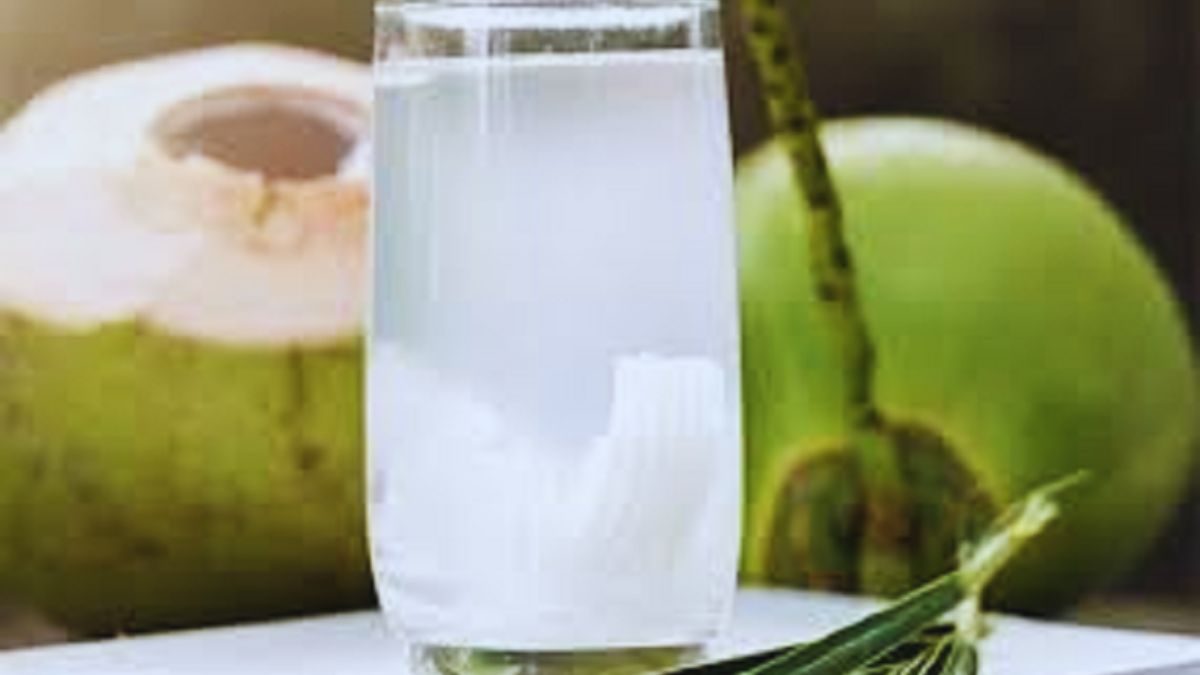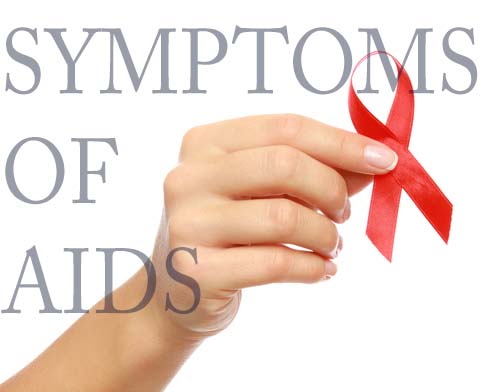Coconut water has long been celebrated as nature’s perfect drink — refreshing, light, and packed with essential electrolytes.
From boosting hydration to providing a dose of instant energy, this tropical beverage has become a favorite among fitness enthusiasts, travelers, and even health-conscious youngsters. It’s low in calories, rich in potassium and magnesium, and often recommended as a natural alternative to packaged sports drinks.
But while coconut water offers several health benefits, not everyone can safely enjoy it. In fact, for certain individuals, it can do more harm than good. Leading nutrition experts emphasize that people with specific health conditions should either limit their intake or completely avoid coconut water. Let’s understand in detail who should be careful before going for that glass of TC water.
Why Coconut Water Is Considered Healthy
Before we look at the precautions, it’s important to know why coconut water is so popular. Coconut water is the clear liquid found inside young, green coconuts. It naturally contains vital nutrients such as potassium, magnesium, calcium, and sodium — all of which help maintain electrolyte balance in the body.
Some of its commonly known benefits include:
- Instant Hydration: It replenishes lost fluids and electrolytes, especially after workouts or heat exposure.
- Heart Health: Its potassium content helps regulate blood pressure and supports heart function.
- Skin Health: The antioxidants and minerals in coconut water can contribute to clearer, hydrated skin.
- Digestion: It’s light on the stomach and can aid digestion in moderate quantities.
However, despite these advantages, coconut water is not suitable for everyone — especially those dealing with certain chronic health issues.
5 People Who Should Avoid Coconut Water
1. People with Kidney Disease
Coconut water is extremely high in potassium; a mineral needed for nerve and muscle function. However, for individuals suffering from kidney disease, excess potassium can become dangerous.
- When kidneys don’t function properly, they struggle to remove extra potassium from the bloodstream, leading to ‘hyperkalemia’ — a condition that can cause irregular heartbeat, muscle weakness, or even cardiac arrest.
- Experts suggest that kidney patients should strictly avoid or limit coconut water intake after consulting a nephrologist or dietician.
2. Individuals on Blood Pressure Medication
Coconut water is known to help lower blood pressure naturally, thanks to its high potassium content. While this is beneficial for people with mild hypertension, it can be risky for those already taking blood pressure-lowering medicines.
- Combining the two can cause blood pressure to drop too low, leading to symptoms like dizziness, fainting, or fatigue. If you’re on any kind of drugs/medication, it’s best to discuss your coconut water consumption with your doctor first.
3. Diabetic Patients
Many people assume that coconut water is safe for diabetics because it’s a natural beverage. However, it contains natural sugars (glucose and fructose) that can affect blood sugar levels.
- If you’re taking insulin or oral diabetes medications, excessive consumption can lead to fluctuating glucose levels.
- Diabetes’ patients should restrict their coconut water intake to small quantities and monitor their blood sugar closely after drinking it.

4. People Allergic to Nuts or Coconut
While coconut is technically accounted as a fruit, it may trigger allergic reactions in individuals with tree nut allergies. Symptoms can range from skin rashes, itching, stomach cramps, nausea, to more severe responses like anaphylaxis in rare cases.
- If you’ve ever experienced any allergic symptoms after eating coconut products or nut-based foods, it’s safer to stay away from coconut water too, since it is a pure form of consuming a drink.
5. Athletes and People with High Sodium Needs
Coconut water is often marketed as a natural sports drink, but it isn’t ideal for all athletes. Intense physical activity causes heavy sweating, leading to a significant loss of sodium, not just potassium.
- Coconut water is low in sodium and high in potassium, which can upset the electrolyte balance in such cases.
- High-performance athletes should instead opt for sports drinks or hydration formulas that contain both sodium and carbohydrates to replenish what’s lost during strenuous workouts.
How Much Coconut Water Is Safe to Drink?
- For healthy individuals, one small glass (about 100–150 ml) of TC water a day is usually safe and beneficial.
- However, moderation is key. Overconsumption — even in healthy adults — may cause electrolyte imbalance or digestive upset.
Coconut water is undoubtedly one of nature’s best hydrators — delicious, refreshing, and filled with nutrients. But as with most health foods, it’s not a one-size-fits-all solution. People with kidney issues, diabetes, allergies, or low blood pressure should be especially cautious.
Disclaimer: This article is for informational purposes only and should not replace professional medical advice. Always consult a qualified healthcare expert before making any changes to your diet or treatment plan.
FAQs on Coconut Water Consumption
1) Who should avoid drinking coconut water?
People with kidney disease, diabetes, low blood pressure, or nut allergies should avoid or limit coconut water
2) Can diabetics drink coconut water daily?
Diabetics can drink small amounts of coconut water occasionally, but not daily or in excess.
3) Is coconut water safe for kidney patients?
No, people with kidney disease should avoid coconut water. It contains high levels of potassium, which the kidneys cannot effectively filter in such conditions.



